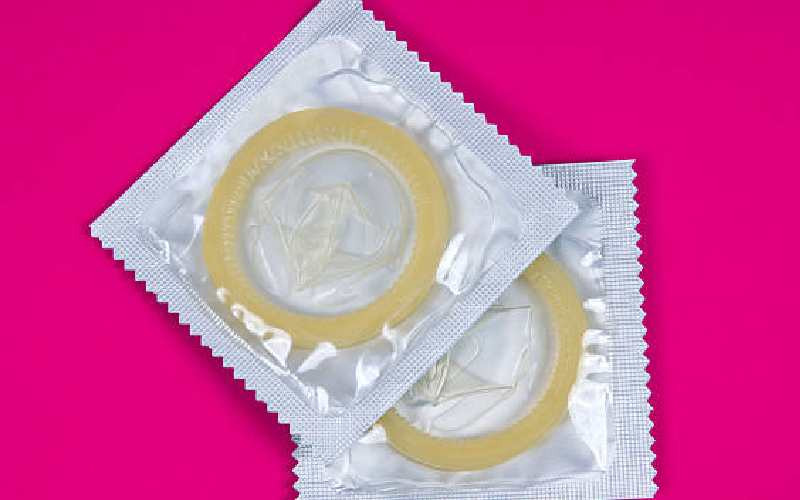
There is a shortage of condoms in Kenya and the situation has led to worries as it coincides with the long school holidays and the festive season.
The shortage arose after donor agencies stopped funding HIV-related activities after Kenya's status moved from a low-income to a middle-income country which is above the category of countries that need funding.
The demand for condoms in Kenya stands at over 460 million against 150 million condoms the government procures.
Facts First
Unlock bold, fearless reporting, exclusive stories, investigations, and in-depth analysis with The Standard INSiDER subscription.
Already have an account? Login
 The Standard Group Plc is a multi-media organization with investments in media platforms spanning newspaper print
operations, television, radio broadcasting, digital and online services. The Standard Group is recognized as a
leading multi-media house in Kenya with a key influence in matters of national and international interest.
The Standard Group Plc is a multi-media organization with investments in media platforms spanning newspaper print
operations, television, radio broadcasting, digital and online services. The Standard Group is recognized as a
leading multi-media house in Kenya with a key influence in matters of national and international interest.

